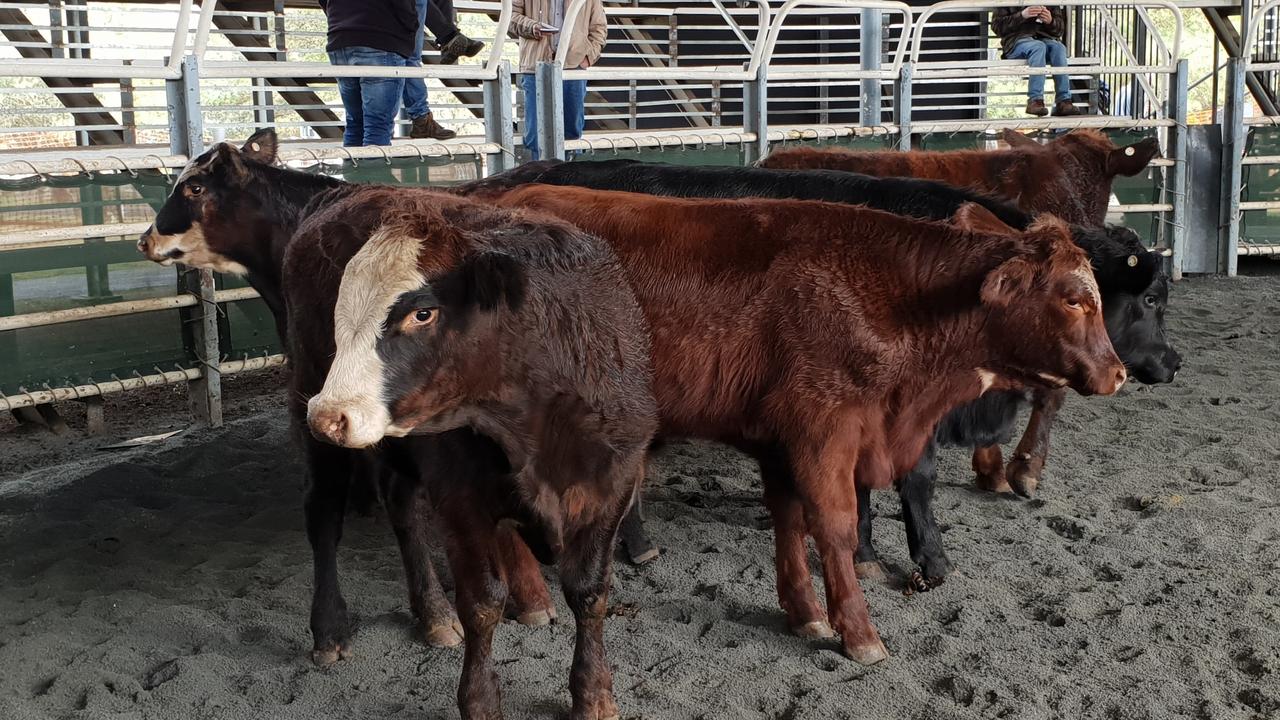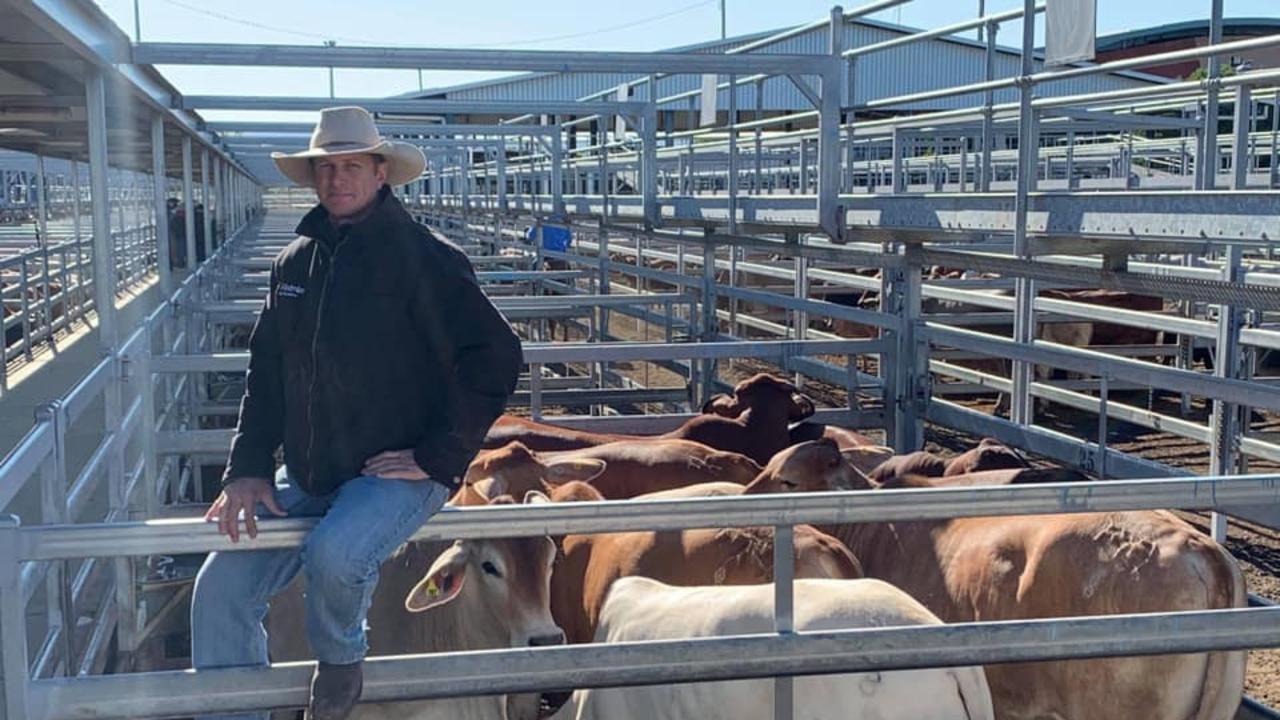Making it in a man’s world
LUCINDA Corrigan is a remarkable woman who has thrived working in the once- typically man’s world of agriculture.

LUCINDA Corrigan is a remarkable woman who has thrived working in the once- typically man's world of agriculture.
She and spouse Bryan own a large multi-property cattle enterprise in the Murray Valley east of Albury, which produces performance Angus genetics for high-quality markets in Australia and the Asia Pacific rim.
With a lifelong love of agriculture, Lucinda has enjoyed being engaged in niche primary production fields, having been a successful goat producer and CEO of the Cashmere Growers Association.
Among other things, she is also a director on the board of Meat and Livestock Australia.
She grew up in southern NSW, and would spend the afternoons roaming around 4860ha alone on her various horses, her elder siblings absent at boarding school.
Leaving the land with her family in the mid 1970s was not a particularly happy experience.
"We had an idyllic childhood, shattered by my father's death and moving to Sydney," she said.
"I never wanted to stay there and basically over the next 10 years studied and then looked for a job so I could return to the bush.
"This was not approved of by my mother who thought that I should be a nurse or a teacher, so it was an act of independence to get there."
A desire to return to the countryside motivated Lucinda through the University of Sydney, studying agricultural science, and majoring in animal science.
"I never doubted that there was a massive future, as every country needs to ensure it has sustainable agricultural production systems to secure their food," she said.
Over 28 years, Lucinda and Bryan grew the business from a small commercial sheep and beef farm, to be a major player in the angus genetics world, with a recorded 3500 cattle on five properties.
In the farm business, Lucinda's role covers 'directing the traffic', strategy, marketing, finance, innovation and HR.
Their home property, Rennylea, is a fifth-generation family farm, and continues to be with two of three children returning home.
"Full-time farming businesses are growing," she said.
"When I look at two of my three children returning to work in our farm business, we talk about the variation of jobs and skills development, the need to be business literate, the human resource issues working in teams.
"We run a business with four men and four women and the team cannot function without all these roles.
"There are many small farms in Australia that choose the 'lifestyle' but earn their living in other occupations. These are all valid choices."
There are many places to make a contribution and change the future of the Australian agricultural industry.
As a rural leader, advocate and mentor Lucinda is always encouraging young people and asks them to consider, 'what will get you up at 5am?'.
"The head of Dawson International (the cashmere business that was Lucinda's first job) was an extraordinary man, Sir Alan Smith, who always said, 'Opportunity pauses, it does not stop', know what you love and then find the job, take the opportunities and make them work," she said.
"Another one of my favourite sayings is, 'don't live a life of regret'.
"I have been pretty busy over the years and missed some major things with the kids.
"Bryan has been amazingly supportive, but not always happy."
Lucinda knows that as her children matured they understood and appreciated that what she did and does is of value.
Another area she is passionate about is innovation.
"Innovation is the lifeblood of commerce and I have spent much of my time working in innovation companies," she said.
"Every farming business needs an innovation strategy, a way of evaluating new technology and working out whether it is right for the business.
"In our case we produce protein from grass, in our case the protein is genetics, but for most red meat producers it is food."
Lucinda is proud of her contribution and the progress she's helped drive around productivity, natural resource management and sustainable grazing systems.
She believes these are long-term investments and also notes the importance of rural Australians and that "we empathise and engage with the greater community if we expect the community to empathise with us".
"Agriculture needs a strong narrative, and empathy for the rest of Australian society, but is an important part of the economy and society," she said.



